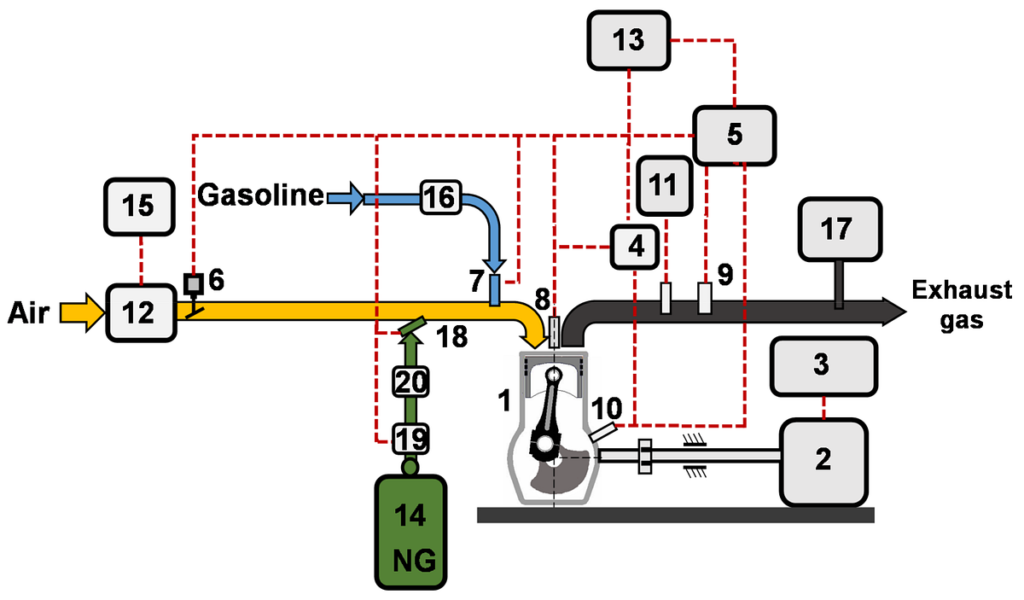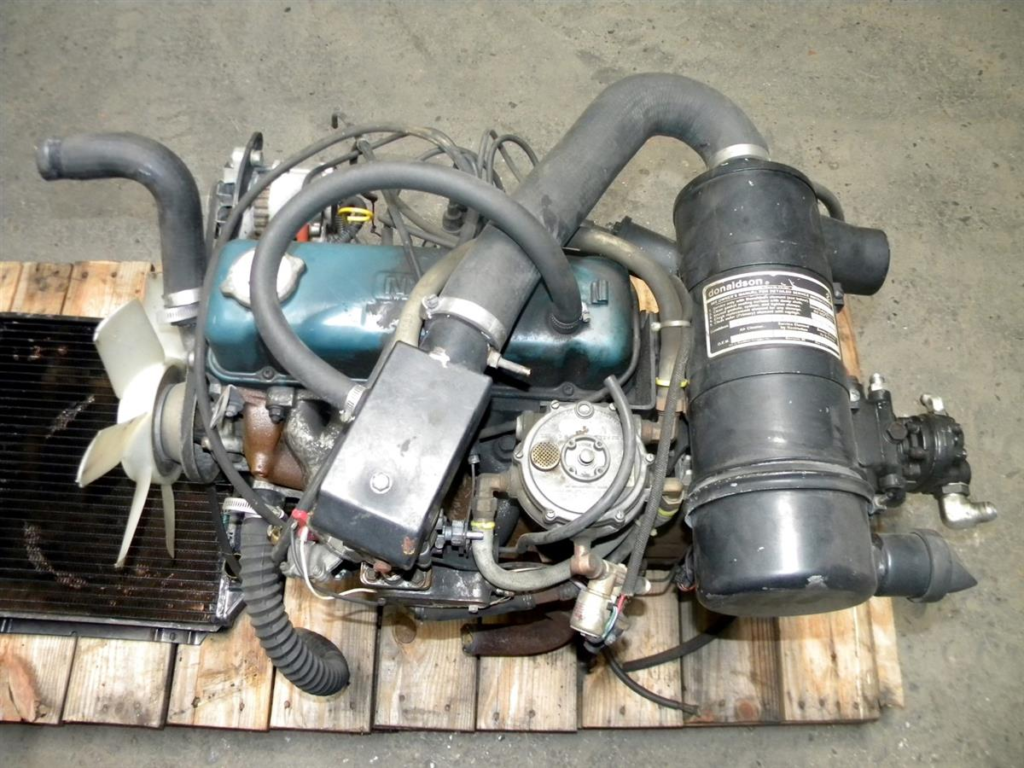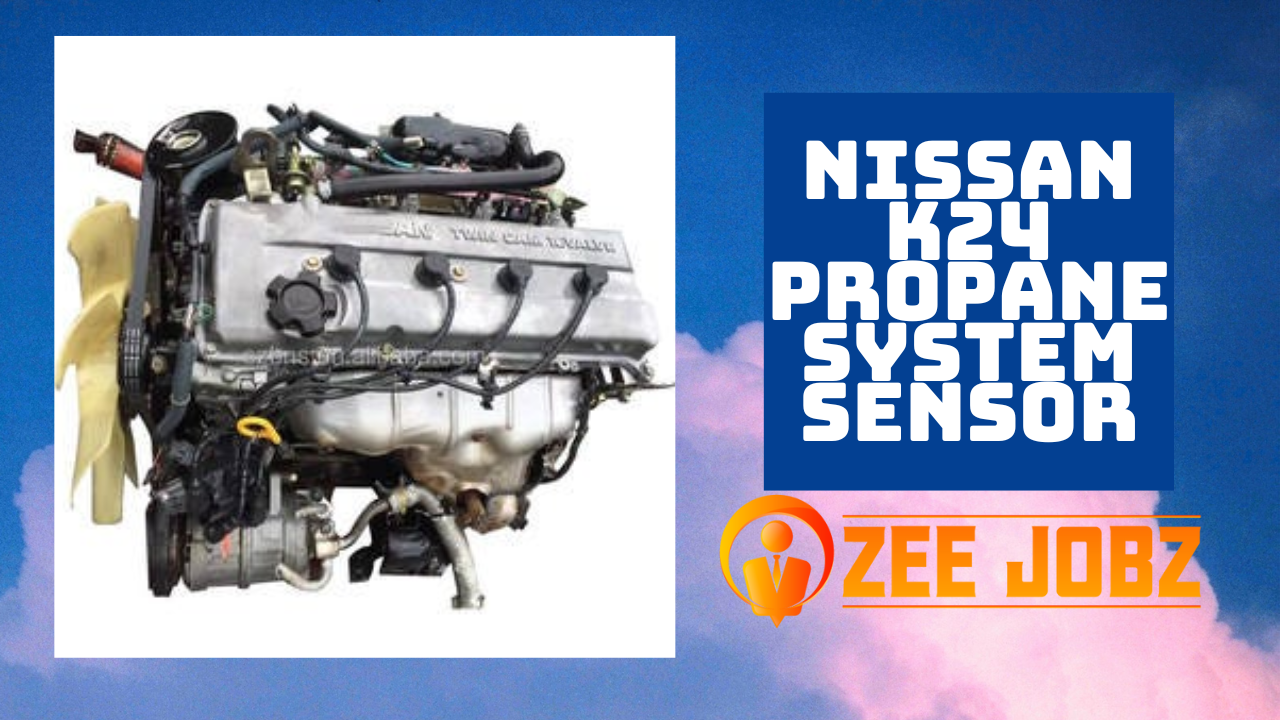Introduction
The Nissan K24 Propane System Sensor is a sophisticated tool critical for fashionable occasion gas structures. As automotive technology advances, the acceptance of propane as a cleaner gasoline alternative to gasoline and diesel is gaining momentum. The Nissan K24 sensor plays a critical role in ensuring optimal overall performance of propane-fueled vehicles and offers significant benefits in performance, emissions, and engine durability.
Propane as an Automotive Fuel: A Closer Look
Propane, or liquefied petroleum gas (LPG), has been used in automotive packaging for decades. Its high octane and explosive properties make it an attractive choice for reducing automotive emissions. Propane is stored in liquid form in pressurized tanks and vaporized for use in internal combustion engines. This alternative fuel reduces greenhouse gas emissions compared to conventional fossil fuels, contributing to the treatment plant’s environment.
Evolution of propane fuel systems
The structure of propane fuel has evolved considerably over time. Earlier systems were pretty straightforward, but improvements in generation have led to state-of-the-art setups that enhance overall performance and efficiency. Modern propane fuel structures include advanced sensors, such as the Nissan K24,, that provide extra control over fuel delivery and ensure the engine runs as efficiently as possible.
Nissan K24 Propane System Sensor functionality
The Nissan K24 Propane System Sensor Equipment Sensor is designed to monitor various parameters related to a propane gasoline engine. Its first function is to measure propane voltage and temperature and detect any anomalies inside the device. This statistic is essential for adjusting fuel delivery and maintaining overall engine performance. The sensor’s real-time monitoring capabilities help ensure the engine receives the correct amount of gasoline, which is critical to clean combustion.
Technical specifications and design
The technical specifications of the Nissan K24 Propane System Sensor engine sensor highlight its outstanding talent. The sensor is designed to operate under the excessive pressure and temperature common with propane systems. It features an excessive sensing detail that provides accurate measurements, and its construction consists of solid materials that resist corrosion and mechanical stress. The compact and durable manufacturing of the sensor ensures reliability and durability in traumatic automotive environments.

Integration with vehicle ECU
Integrating the Nissan K24 Propane System Sensor with the car’s ECU is a complex but critical system. The sensor communicates with the ECU via a dedicated interface and provides statistics to adjust gas injection and ignition timing. This integration allows the ECU to optimize engine performance, increase gas efficiency, and meet emissions standards. Proper calibration and tuning of the ECU is necessary to utilize the sensor’s capabilities and ensure trouble-free operation.
Benefits of the Nissan K24 Propane System Sensor
The Nissan K24 Propane System Sensor engine sensor gives car owners and operators several blessings. One of the number one blessings is advanced gas efficiency. By appropriately measuring propane stress and temperature, the sensor ensures that the engine receives the optimal amount of fuel, resulting in higher mileage and reduced fuel consumption. In addition, the sensor contributes to reducing emissions by optimizing the combustion system, which makes it possible to meet the principles of environmental protection.
Effect on engine performance
The Nissan K24 Propane System Sensor significantly influences the engine’s overall performance. Precise monitoring and adjustment of gasoline delivery result in smoother engine operation and advanced throttle response. The sensor helps prevent unusual problems, including fuel starvation or overfilling, which can adversely affect engine performance. The sensor improves overall engine performance and drivability by maintaining the correct air-fuel ratio.
Maintenance and calibration
Regular protection and calibration of the Nissan K24 Propane System Sensor equipment sensor ensures its accuracy and reliability. Over time, the sensor may also show wear, or its calibration may float due to adjustments in operating situations. Routine checks and adjustments are vital to maintaining optimal sensor function. Vehicle owners must follow the manufacturer’s recommendations for protection intervals and seek professional help.
Challenges in sensor operation
Despite its blessings, the Nissan K24 Propane System Sensor sensor faces several challenges. Changes in propane and pressure can affect sensor accuracy, which is undoubtedly central to suboptimal overall engine performance. In addition, environmental factors such as temperature fluctuations and vibration can stimulate sensor performance. Addressing these challenging situations requires careful equipment design and routine maintenance to ensure reliable operation.
Comparison with other sensors
Several differences emerge when evaluating the Nissan K24 Propane System Sensor against other sensors used in alternative fuel structures. Other sensors may offer characteristic size levels, response times, or robustness features. The Nissan K24 is explicitly designed for propane construction, making it well-suited for this application. Its specialized layout and integration with the car’s ECU set it apart from the highly well-known sensors in exceptional gas systems.

Future trends in sensor technology
The future of sensor generation in automotive applications is characterized by continuous innovation. Emerging trends include improving sensors with improved accuracy, longer life, and advanced diagnostic capabilities. In addition, future sensors may consist of Wi-Fi communication technology that will enable the transmission of real-time statistics and remote monitoring. These improvements could improve propane fuel structures’ overall performance and comfort.
Innovation in propane fuel systems
The need for higher performance and reduced environmental impact drives innovation in propane fuel systems. Advances in the era of fuel injection, improved tank designs, and other state-of-the-art control structures are shaping the future of propane automobiles. The Nissan K24 Propane System Sensor sensor will benefit from these improvements, which include new capabilities and enhancements to serve the evolving needs of the automotive industry.
Nissan K24 sensor application case studies
Several case studies highlight realistic Nissan K24 Propane System Sensor engine sensor programs. For example, in a fleet, the sensor’s ability to optimize gasoline transport and reduce emissions has been verified to reduce operating costs and improve environmental performance. In various commercial engines and heavy vehiclevehicleations, the sensor plays a vital role in ensuring reliable operation and compliance with emission requirements.
User experience and feedback
User experiences with the Nissan K24 engine propane sensor reveal its effectiveness in improving car performance and fuel economy. Positive feedback often highlights the sensor’s reliability, accuracy, and ease of integration with current systems. However, some users may also encounter problems related to maintenance or calibration, which underlines the importance of proper care and regular checks.
Impact on emission standards
The Nissan K24 Propane System Sensor engine sensor contributes significantly to the assembly’s emission requirements. By ensuring the engine is operating at the correct air-to-gas ratio, the sensor helps reduce hazardous emissions, including carbon monoxide, hydrocarbons, and nitrogen oxides. This is particularly important in areas with strict environmental policies, where compliance is critical to criminal operations and environmental stewardship.
Economic consequences
The economic implications of using the Nissan K24 Propane System Sensor sensor are remarkable. They improved fuel efficienc, whichy results in financial savings in fees for car owners, especially in business packages where gas fees represent a large part of operating costs. In addition, emissions reductions can lead to lower fees associated with emissions-related fines and compliance measures.
Environmental benefits
The environmental blessings of the Nissan K24 Propane System Sensor sensor are considerable. By optimizing the combustion system and reducing emissions, the sensor makes it easier to minimize the ecological impact of propane-powered engines. This contributes to cleaner air and helps global efforts to combat climate change and reduce greenhouse gas emissions.
Integration with advanced vehicle systems
Mixing the Nissan K24 Propane System Sensor sensor with various advanced automotive designs will become increasingly crucial as technology grows. Integration with structures such as adaptive cruise control, automated transmission control,, and advanced driving assistance systems (ADAS) can improve the overall performance and safety of the car. Sensor recordings can be used to determine and optimize these structures, critical to an extra smooth driving experience.
Technical challenges and solutions
Technical challenges of the Nissan K24 Propane System Sensor engine sensor include sensor accuracy, robustness, and integration with current structures. Addressing these challenges involves continuous research and development and advances in sensor technology and materials. Manufacturers and engineers constantly work to meet these challenges and improve overall sensor performance.
Regulatory aspects
Regulatory issues play a vital role in developing and using the Nissan K24 Propane System Sensor engine sensor. Compliance with emission standards and protection rules is essential to ensure the sensor meets industry requirements. Manufacturers must stay informed of evolving regulations and standards to ensure their goods continue to comply and be effective.
The role of research and development
Research and Development (RandD) is critical to advancing sensor technology and improving the Nissan K24 Propane System Sensor engine sensor. RandD strives to improve sensor accuracy, increase capacity, and solve technical problems. Collaboration between manufacturers, researchers, and business professionals drives innovation and ensures that the sensor will continue to fulfill the wishes of modern automotive packaging.

Training and support
Proper training and guidance are essential to effectively using the Nissan K24 Propane System Sensor sensor. Automotive technicians and operators should know sensor operation, preservation requirements, and troubleshooting strategies. Manufacturers regularly offer training packages, technical assistance, and resources to ensure users can maximize sensor performance and resolve issues.
Global adoption and market trends
Various market trends and elements drive the worldwide adoption of propane as an occasional gasoline. The Nissan K24 Propane System Sensor sensor is part of a broader trend toward cleaner and greener gasoline technology. Market trends consist of a widespread preference for alternative fuels, advances in sensor technology, and increasing regulatory pressure to reduce emissions. These elements contribute to the growing use of propane-powered vehicles and the continuous improvement of related technologies.
Conclusion
The Nissan K24 Propane System Sensor device sensor represents a significant advancement in the automotive era and an essential function in the management of propane gasoline structures. Its unique monitoring capabilities, integration with the vehicle’s ECU, and influence on gasoline performance and emissions underline its importance in today’s vehicles. As the automotive industry adapts, the Nissan K24 sensor will remain a valuable asset in the search for cleaner, greener, and more environmentally friendly transportation solutions. Continued sensor generation advancements and a growing emphasis on sustainability will shape the fate of propane fuel systems and the broader automobile landscape.



